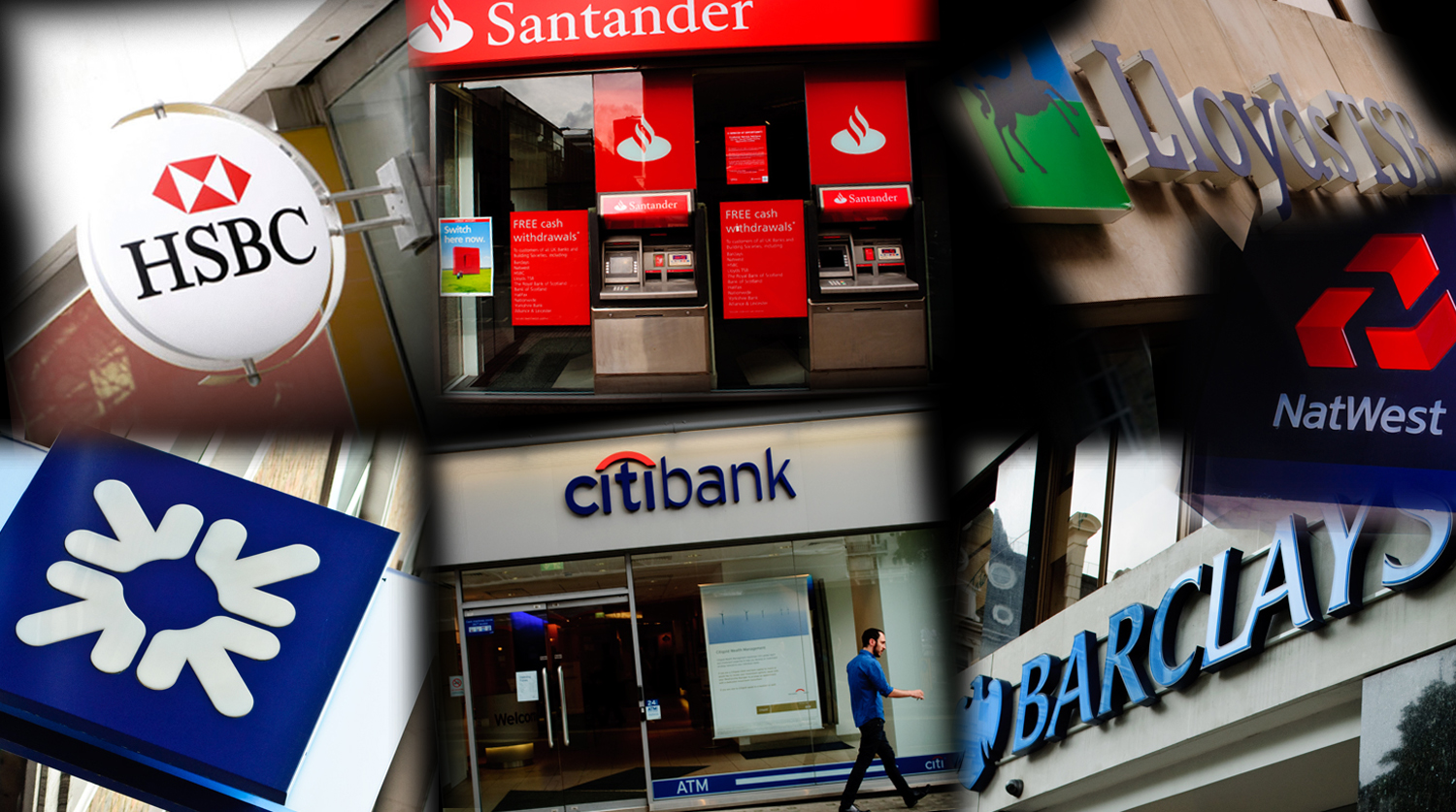Insurance
Banks to set aside further millions for PPI compensation

Barclays will be among a number of major banks this week to set aside further money to compensate customers mis-sold payment protection insurance (PPI) and interest rate swaps, according to reports.
The banking giant will make extra provisions for customers who were mis-sold PPI and interest rate derivatives, while it will also make first-time provisions for those mis-sold identity theft cover through its credit card insurer CPP, according to Sky News.
Barclays – one of the banks worst-hit by the mis-selling scandals – has already set aside £2.6bn provision for PPI redress and about £850m related to sales of swap products. Its bill for the latter is expected to swell beyond £1bn.
With results season in full swing this week, Lloyds Banking Group and others are also expected to announce further provisions for mis-selling compensation.
More than £10bn has now been returned to PPI policyholders by the banks and building societies that mis-sold it to them, according to the latest figures from the Financial Conduct Authority.
Since January 2011, £10.1bn has been paid back to customers who complained about the way they were sold PPI.
The £424m repaid in April this year took the figure over the £10bn mark in what consumer group Which? called the “biggest financial mis-selling scandal of all time”.
Lloyds, HSBC, Santander, Nationwide and RBS are among the banking giants to have returned money to consumers.
A total of £14bn has been set aside by banks for compensation. Lloyds Banking Group has made the biggest provision, putting aside £6.7bn so far to compensate customers of Lloyds TSB, Black Horse Finance, Halifax and Bank of Scotland.
Meanwhile, a report in the Telegraph suggests Barclays has been in talks with investors to launch a £4bn rights issue as part of a fundraising programme aimed at filling a capital hole thought to be as large as £7bn.